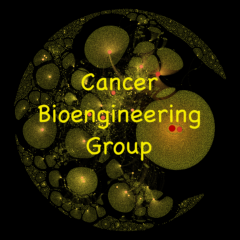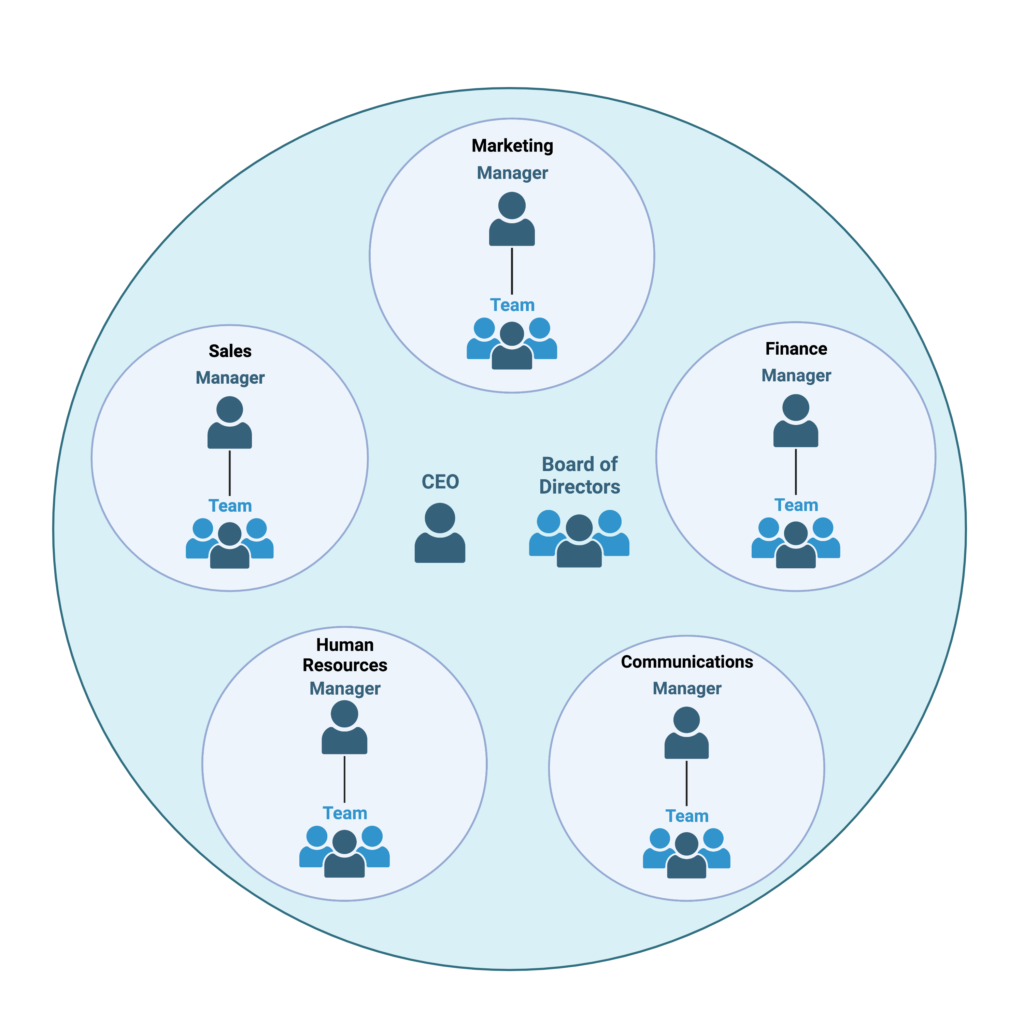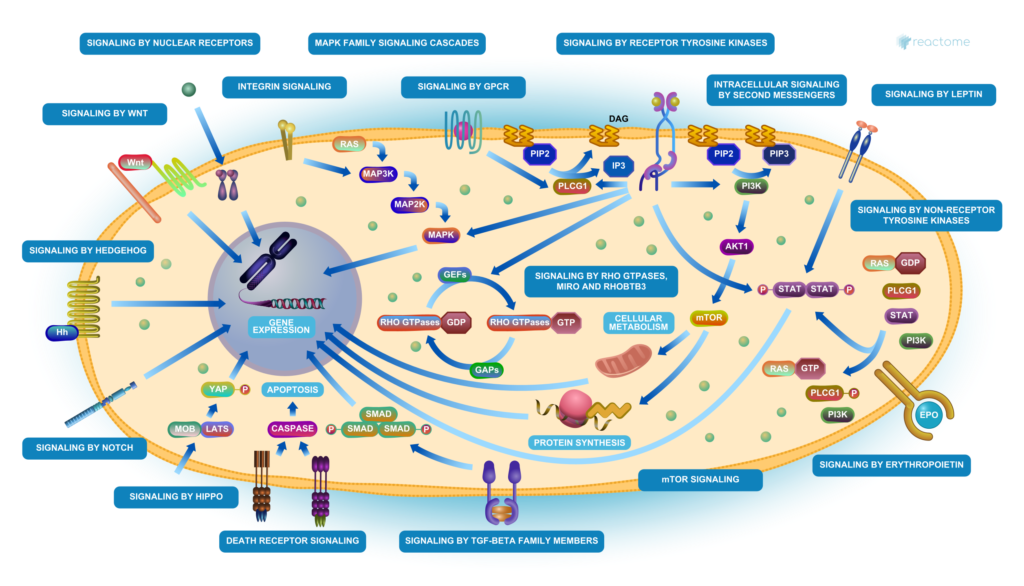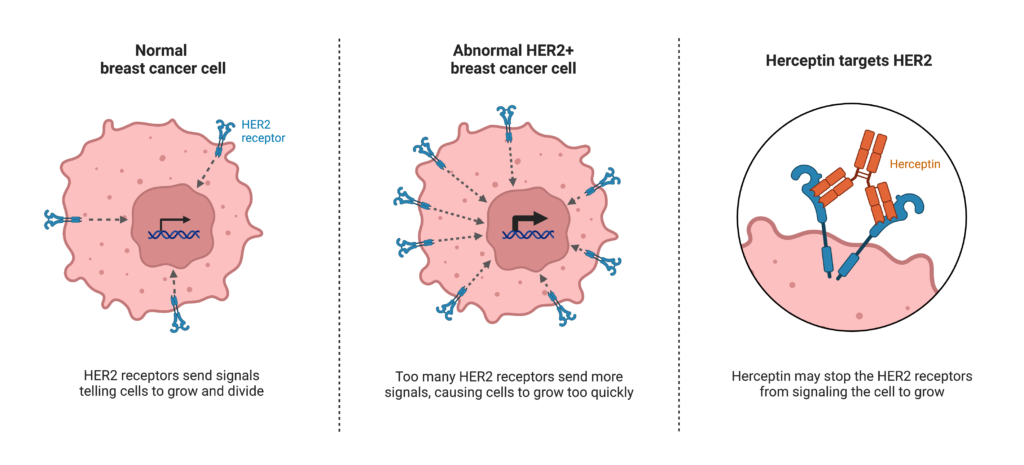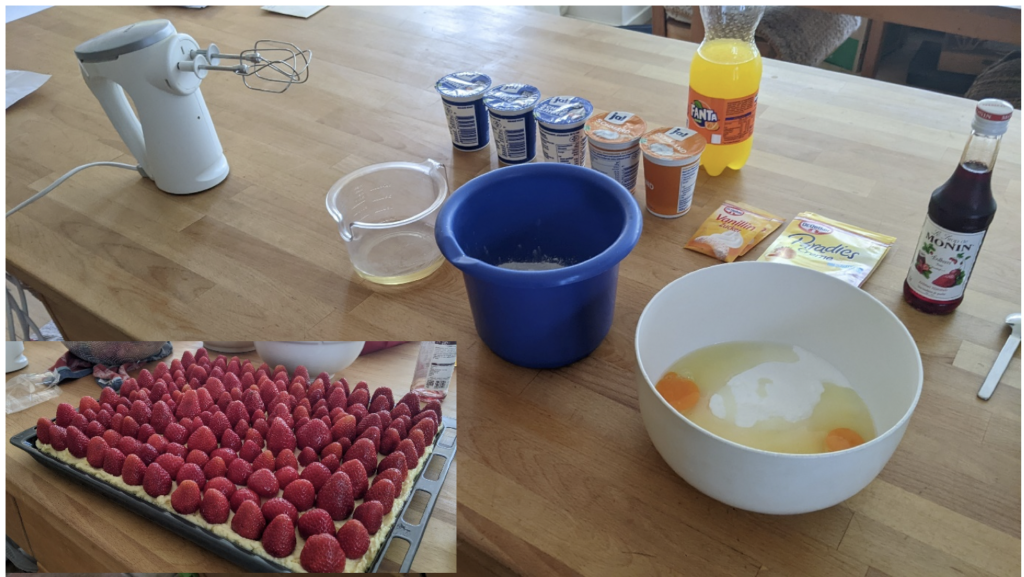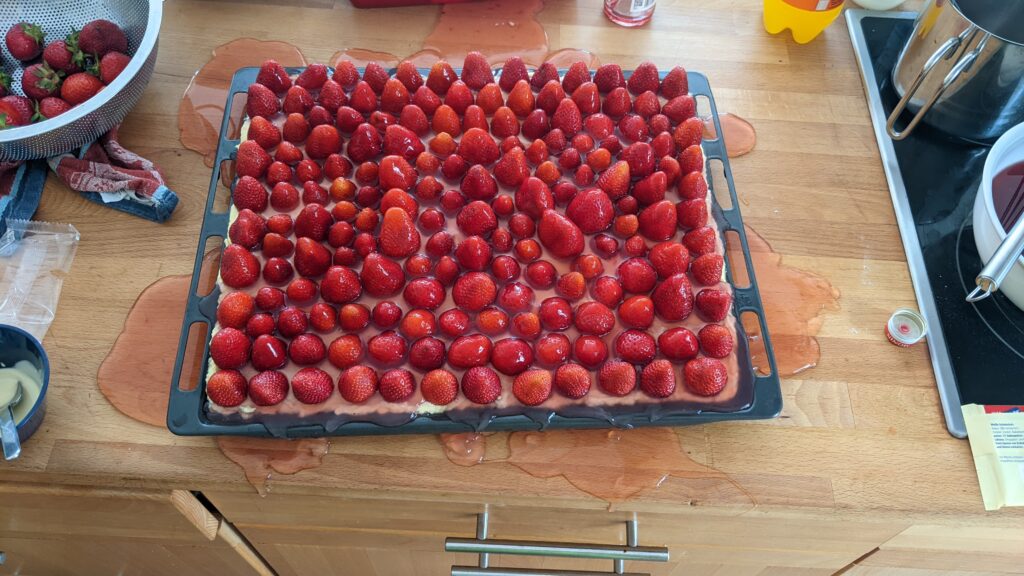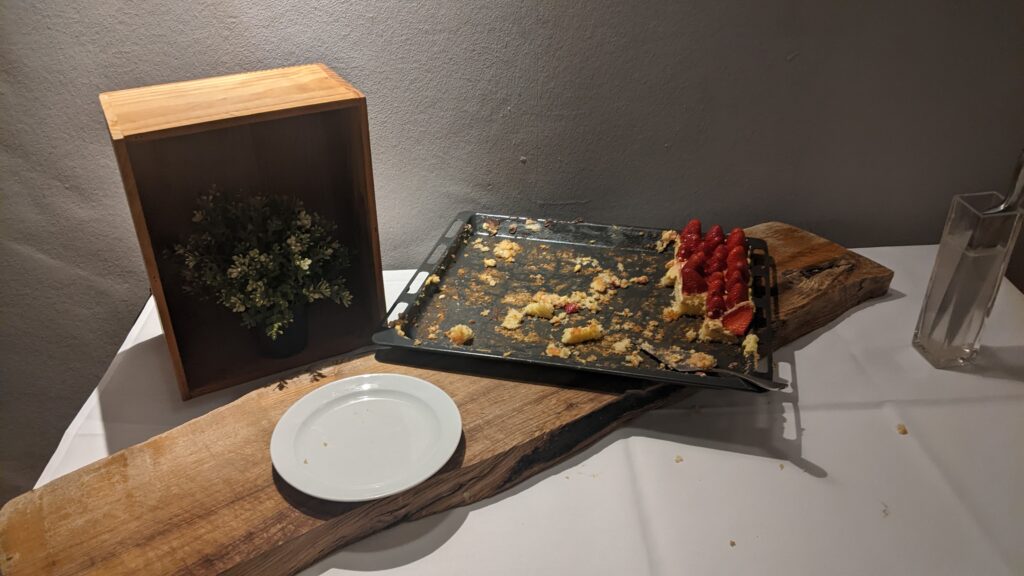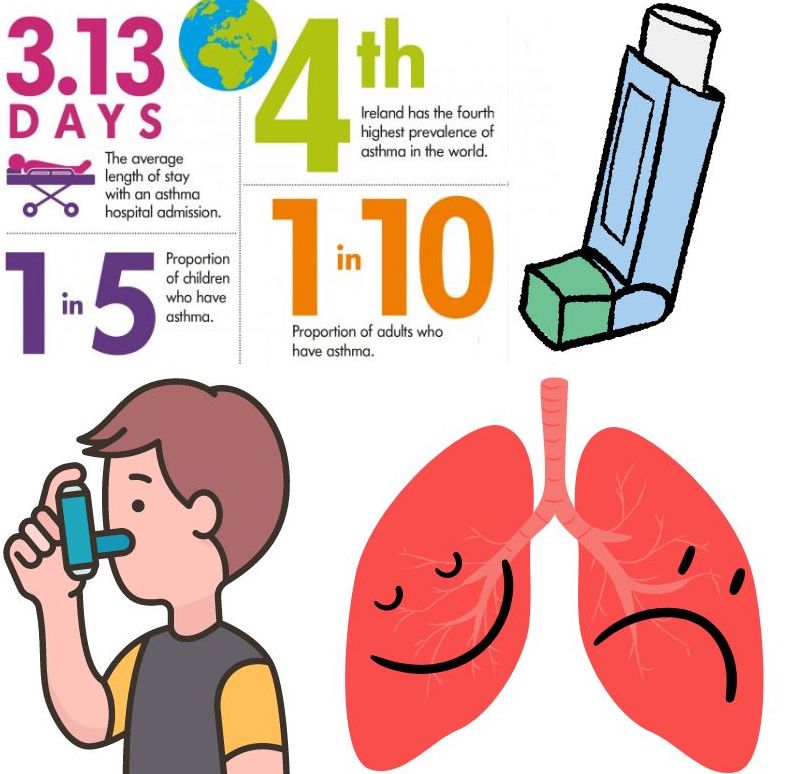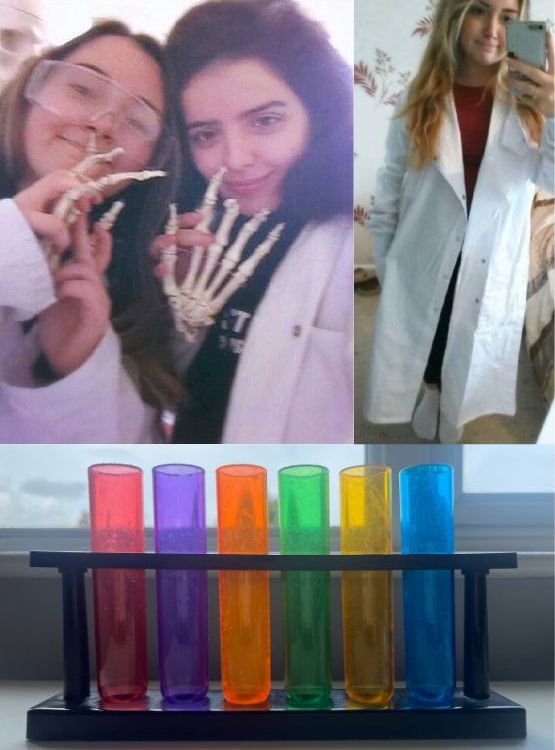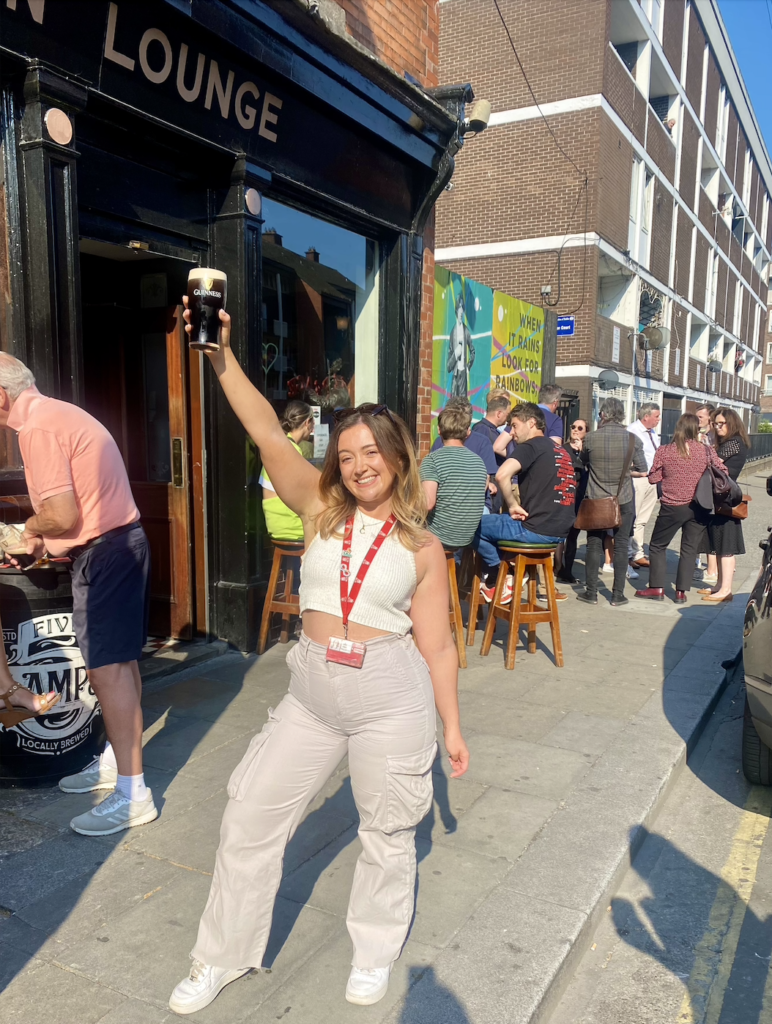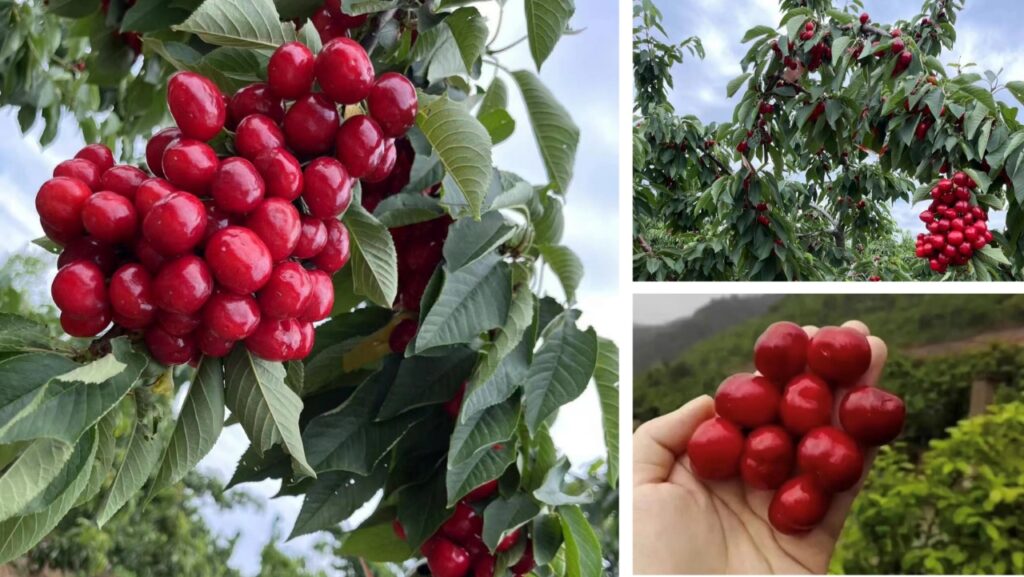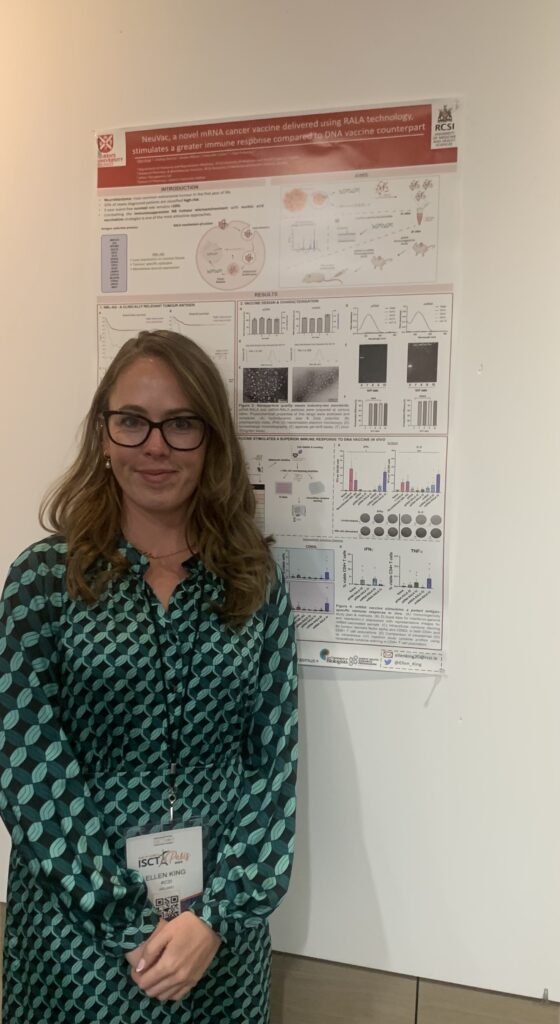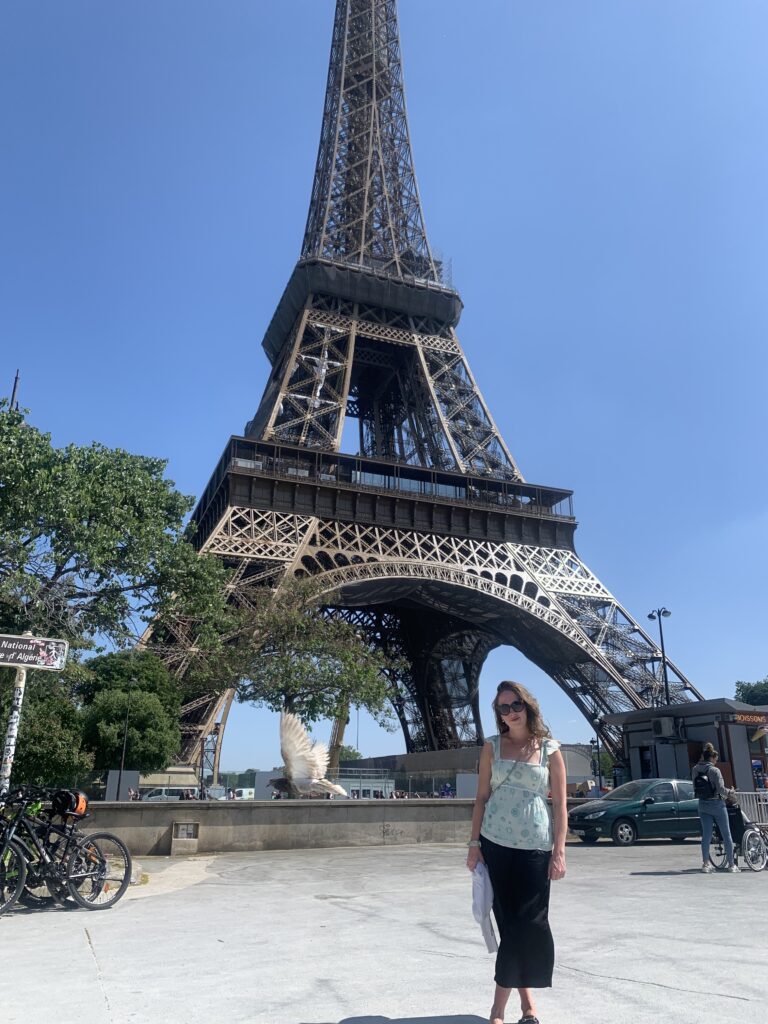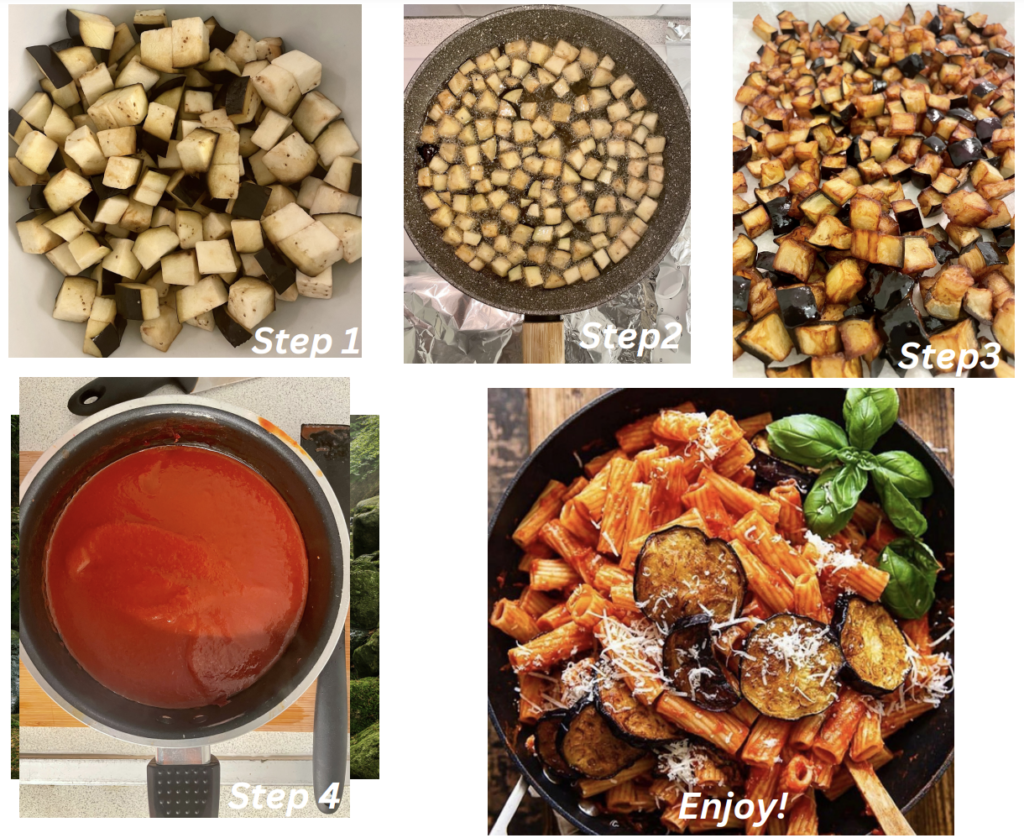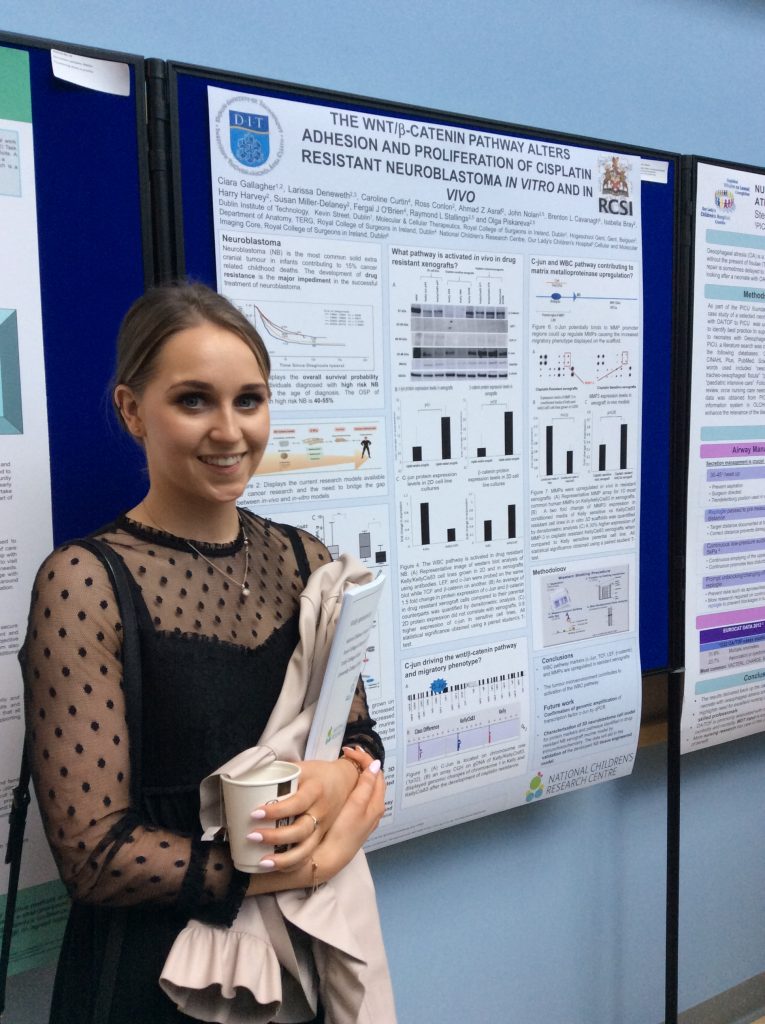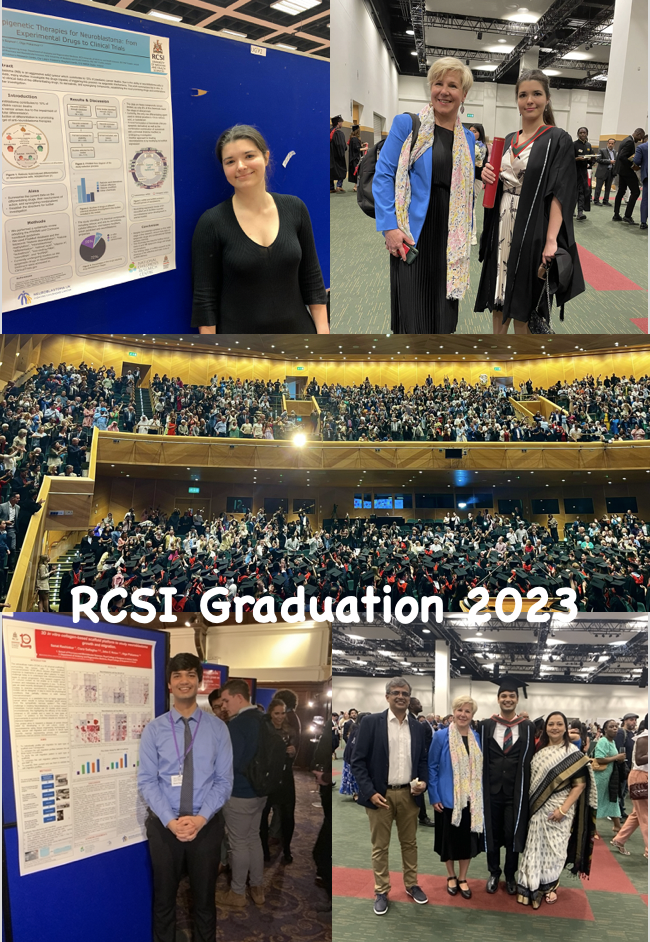Embarking on a PhD is an exhilarating endeavour. It offers the freedom to structure one’s own time. But this autonomy can be a double-edged sword; while providing a sense of flexibility and leisure, it also presents challenges in managing time effectively, prioritising tasks, and maintaining a productive schedule. In the context of a PhD, self-discipline and efficient planning quickly become the guiding stars of success.
The absence of rigid working hours requires a strong sense of self-motivation and discipline to stay on track. Without proper time management, it’s easy to fall into the trap of leisurely indulgence, neglecting the essential tasks and milestones that shape the PhD journey. Never before did I appreciate nagging parents, teachers or just people to which you could outsource motivation and feedback as easily. In a PhD, you’re on your own. You’re the only one who truly cares that what you’re working on is getting done. Done well and done at the right time. There is your supervisor, of course, and maybe collaborators. But it is not their job to stand behind you and say have you done this yet or that yet. They don’t see how much work you do or don’t do in a day. No one tells you to get off your arse when you’ve just stared at a blank screen for 20 minutes, and no one tells you to give it a rest when a simple problem turns out to be far more time-consuming and exhausting than expected because things still need to be kept moving. In the end, you can only rely on yourself to tell you whether you have worked enough or not. No one else knows. That can be extremely motivating and similarly defeating when you feel like you’ve done nothing but work for a couple of weeks and the results still aren’t there, so it seems like it doesn’t make a difference.
To conquer the time management challenge, prioritisation becomes paramount. As a PhD student, the spectrum of tasks can quickly seem overwhelming. Between different avenues and tasks that would progress your project, keeping up with writing, creating figures for adjacent projects, producing posters and presentations for conferences, writing blog posts, and making videos for funders and meetings, there always are more things to do in a day than could possibly be crammed in on the most productive of days. Figuring out how to manage urgency and importance becomes crucial to staying afloat. Identifying the most critical tasks and allocating time accordingly ensures progress and prevents the accumulation of unfinished work.
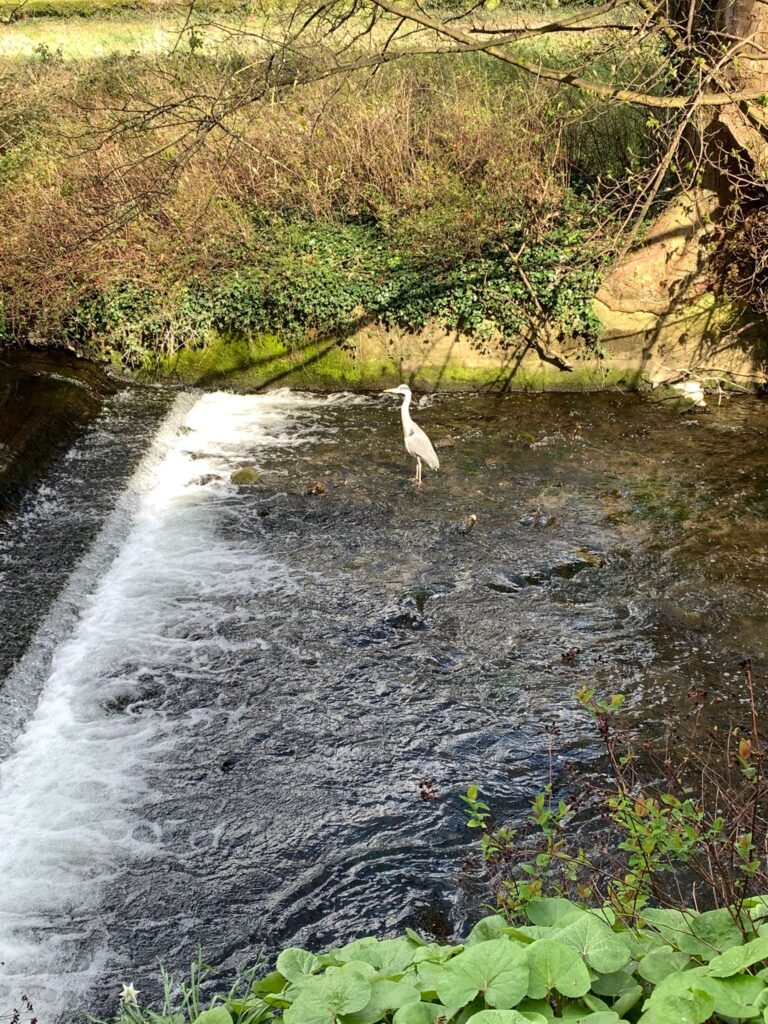
Maintaining a reasonable schedule becomes a balancing act. Especially when you pepper a couple of meetings in the very early morning because your collaborators are in a different time zone. And yet creating and adhering to a schedule is the foundation of effective time management. Despite the constant changes and different requirements, I find it helps immensely to establish a routine to cultivate discipline and maintains an easy overview over the week to allow myself to check what has been achieved and how long it took, so I can gauge how much more I need to do or whether I get to relax and leave half an hour early another day. It is crucial to strike a balance between focused research, data analysis, writing, and personal well-being. Regularly reassessing and readjusting the schedule as priorities shift guarantees that all aspects of the PhD journey receive the attention they deserve.
Navigating the realm of a PhD requires a delicate dance between self-motivation and effective time management. While the allure of autonomy can be tempting, the importance of prioritising tasks and maintaining a schedule cannot be understated. By striking a balance between work and personal well-being, the PhD journey can be transformed into a harmonious symphony of progress and achievement. Well, that’s the idea anyway.
As you embark on your own PhD adventure, you realise every day that time is a precious resource, and effective management is the compass that guides you toward success.
Written by Ronja Struck
